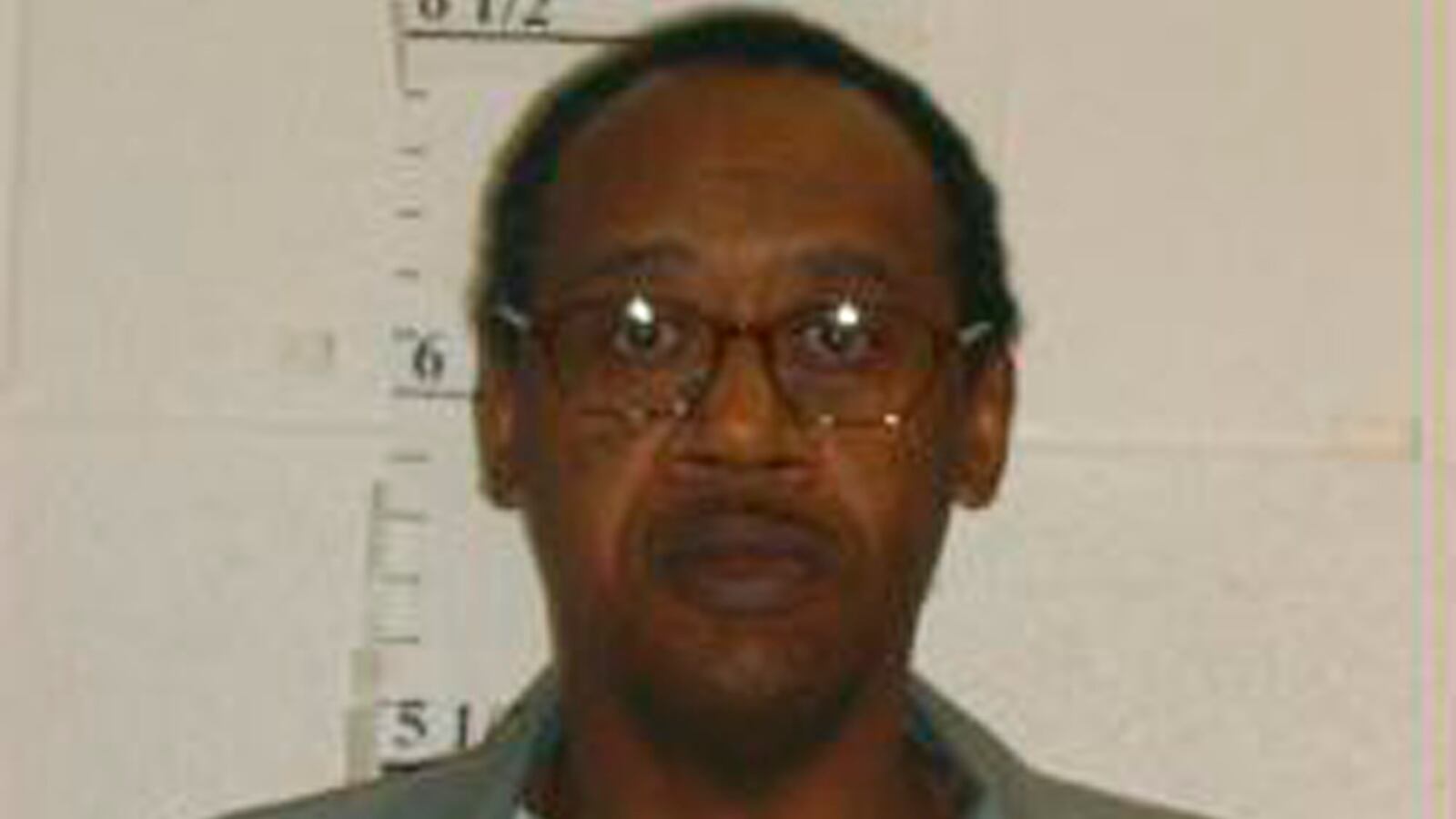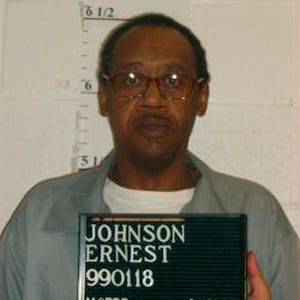Ernest Lee Johnson, a 61-year-old Black man with an intellectual disability and a triple murder conviction, was executed by lethal injection Tuesday evening in Bonne Terre, Missouri. He had petitioned a court to be executed by firing squad, but his request was denied. On Tuesday, U.S. Supreme Court Justice Brett Kavanaugh also denied his final plea for a stay of execution by writ of certiorari, or full review of his case.
In his final letter of redemption, Johnson wrote, “I am sorry and have remorse for what I do. I want to say that I love my family and friends.”
He was pronounced dead at 6:11 p.m., nine minutes after he was injected with pentobarbital. A reporter for ABC17 who witnessed the execution said he mouthed the words “I love you” to family members in attendance before his breathing became labored and he appeared to go to sleep.
Johnson was sentenced to death in 1994 after being found guilty of murdering three gas-station attendants with a claw hammer and screwdriver in what prosecutors say was an attempted robbery to feed a drug habit.
Johnson had won previous stays of execution after his lawyers argued that a 2008 surgery to remove a brain tumor left him intellectually disabled and that a lethal injection would cause violent seizures before he died. Pope Francis and a number of U.S. senators and advocacy groups, including the ACLU of Missouri, Missouri Catholic Conference, Missourians for Alternatives to the Death Penalty, also unsuccessfully petitioned Missouri Gov. Mike Parson to stop the execution.
Missouri Director of the NAACP Nimrod Chapel told reporters that the judicial system has “looked past” the clinical evidence in executing Johnson. “In Missouri, there’s a different standard when it’s come to Mr. Ernest Johnson,” he said before the execution, according to local media reports. “And I think that there are multiple backers that have come into play in that regard. It is his race, his subject property, you know his intellectual disability.”
Parson instead chose not to stop the execution and issued a statement backing up his reasoning. “The evidence showed Mr. Johnson went to great lengths to plan and conceal his crime. Three juries have reviewed Mr. Johnson’s case and recommended a sentence of death,” Parsons wrote. “Mr. Johnson’s claim that he is not competent to be executed has been reviewed and rejected by a jury and the courts six different times, including a unanimous decision by the Missouri Supreme Court. Mr. Johnson has received due process under the laws in the state trial court, Missouri Supreme Court, federal district court, 8th Circuit Court of Appeals, and the United States Supreme Court.”
Johnson is the 130th person to be publicly executed in Missouri, one of 27 U.S. states that still hand down death-penalty sentences. After Johnson’s execution, 19 others remain on Missouri’s death row.







